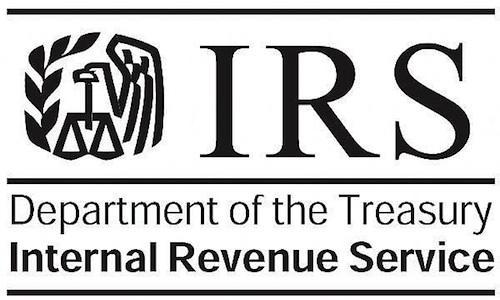Wait … Another Change for Our LLC? New IRS Partnership Audit Rules Take Effect January 1, 2018
Recently we circulated “Are You Ready? Mandatory Changes to Minnesota LLCs Effective January 1, 2018.” This article focused on the impending mandatory conversion to 322C for all Minnesota limited liability companies that are organized under 322B. If that article did not convince your company to review and update its governing documents, there is yet another new piece of legislation that will mean significant changes for LLCs taxed as partnerships.
What are these new regulations and who do they apply to?
January 1, 2018 marks the effective date for new IRS regulations under the Bipartisan Budget Act of 2015 (the “BBA Rules”). The BBA Rules establish new IRS procedures in auditing entities that are taxed as partnerships.
The new procedures are significantly different from the previous IRS process for auditing entities that are taxed as partnerships. Of particular note:
1) The new BBA Rules require a Partnership Representative to act on the partnership’s behalf during the audit. If there is no Partnership Representative appointed by the partnership, the IRS can choose any partner to hold that position.
2) The old partnership audit process required the IRS to audit the individual partners of the partnership, not the partnership itself. The new process, which is outlined in detail below, is targeted at the partnership level.
3) Certain businesses that are taxed as partnerships have the ability to elect out of the new BBA Rules. This option and the companies it is available to is also outlined in more detail below.
Chances are, if your company is a multi-member LLC, it is taxed as a partnership. Single-member LLCs (treated as disregarded entities) and LLCs that have elected to be taxed as C Corporations or S Corporations will not be subject to the BBA Rules. However, most multi-member LLCs, general partnerships and limited liability partnerships are taxed as partnerships and will be subject to the BBA Rules for IRS audits. These entities taxed as partnerships will be referred to as the “BBA Company” in this article.
What is the New Audit Process Under the BBA Rules?
The IRS would notify the BBA Company that an audit has been commenced. This notice of commencement would be delivered to the BBA Company’s partnership representative (the “PR”, discussed in further detail below). The IRS would then conduct the audit of the BBA Company. The PR would be the sole and exclusive representative of the BBA Company in its interactions with the IRS during the audit process. At the conclusion of the audit, the IRS would send the PR a notice of proposed adjustment that would outline the IRS adjustments and the amount of any imputed underpayment resulting from those adjustments. The BBA Company, through its PR, could request a modification of the amount of imputed underpayment or petition a court to contest the underlying adjustments. Once the final amount of imputed underpayment is determined, the default rule is to impose that payment obligation on the BBA Company. However, the PR could elect to force that payment obligation onto the reviewed year partners instead of the BBA Company. The individual partners at the time of the reviewed year, even if they are not currently a partner of the BBA Company, would be responsible for that payment obligation if the PR, in its sole discretion, decided to push that liability onto the individual partners. Please note that this paragraph outlines a very basic explanation of a BBA Rules audit; it omits references to timelines and deadlines for certain steps.
Who, What, When, Where and How is Someone a Partnership Representative?
A PR can be any person or entity with a substantial presence in the United States and need not be an owner of the BBA Company. A PR has broad authority to bind the BBA Company and is the only person (or entity) involved in the BBA Rules audit. This authority and exclusive access to the IRS in the audit cannot be modified in the BBA Company’s operating agreement. As a result, it is extremely important that the BBA Company’s operating agreement contemplates a rogue PR’s contractual liability to the BBA Company, the PR’s appointment, limiting the PR’s scope of authority, PR removal, disclosure obligations and indemnification considerations. If no PR is appointed by the BBA Company, the IRS can select any of the partners to act as a PR without any input from or recourse to the BBA Company.
Can the New Audit Regulations Set Forth in the BBA Rules be Avoided?
Yes, certain “small” BBA Companies can elect out of the BBA rules. A BBA Company with 100 or less qualifying partners can elect out of the BBA rules. Qualifying partners are individuals, C corporations, S corporations and estates of deceased partners. So, if an LLC member is an LLC itself or a trust, it may not be able to elect out. The election out of the BBA Rules is made as part of the BBA Company’s annual timely filed tax return (including properly filed extensions). Again, this election out must be made on an annual basis and if it is not properly exercised or available, it is important for all BBA Companies to address the PR appointment and obligations even if they intend to elect out of the BBA Rules.
Minimize Your Risk by Updating Your Governing Documents
With recent changes to Minnesota LLC legislation as well as new IRS audit rules for partnerships, now is a good time to meet with one of the attorneys at the Wayzata law firm of Sanford, Pierson, Thone & Strean, PLC to review your governing documents and ensure that they are in line with your intentions and that they minimize the risks associated with not updating them.

